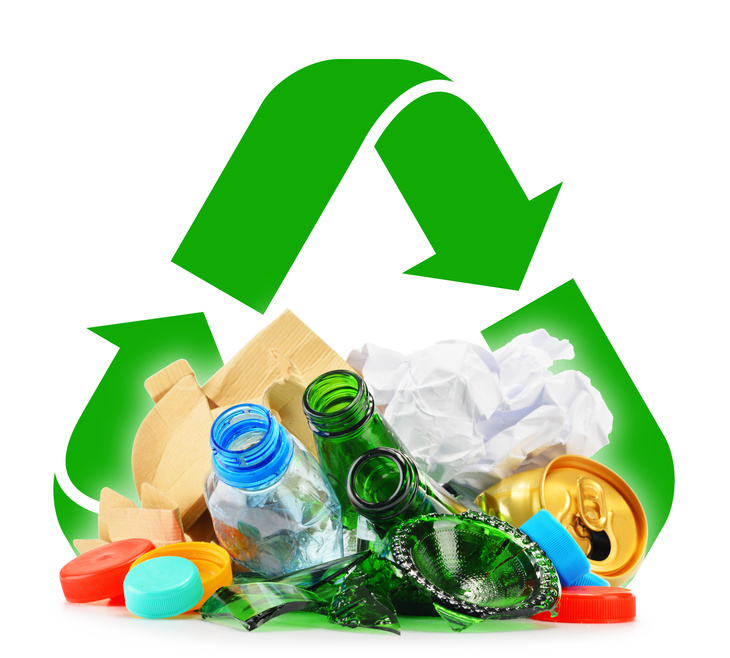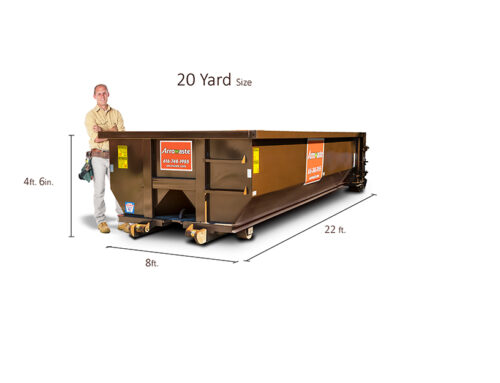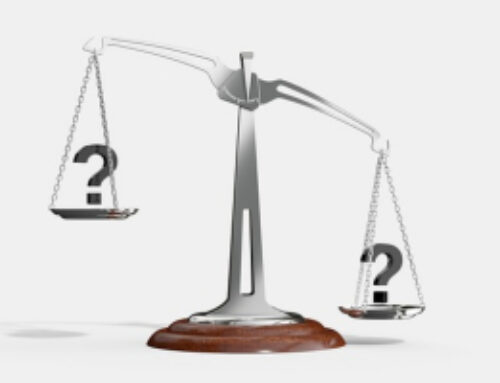Waste management is a broad industry that can encompass up to 20 different trash removal and recycling services. But up until recently, fungi wasn’t one of them.
Now, scientists and researchers are figuring out a way to use hungry fungi as a greener way to recycle batteries for valuable materials. Across the nation there is a growing demand for recharging lithium batteries, primarily to recover the valuable metals that come inside them such as cobalt and lithium.
So how does fungi play into this picture? Researchers are trying to develop a system that will cost little to nothing, while having a huge environmental impact. The idea behind it is simple, the researchers hope to promote growth of fungal colonies on the batteries, and as these microbes grow they will produce organic acids which will then help extract out the metals from the pulverized batteries.
It sounds like science fiction, but a research team at the University of South Florida has already identified the conditions needed for three strains of such fungi to grow. They have also analyzed the organic acids to evaluate the effectiveness of organic material versus commercialized strains. Meaning, would the organic material be able to leach the metals out of the batteries better than the commercialized versions?
The answer is yes. Researchers have found that oxalic and citric acid, both organic acids, are able to extract up to 85% more of the lithium and over half of the cobalt than their commercialized counterparts. But they did find that their third test subject, gluconic acid, is ineffective at extracting either material.
Already, car batteries pose a serious challenge to trash removal services. While the research for this new technique is still in the works, researchers describe it as being able to potentially lead to a green solution for an otherwise messy method. Fungi can actually be beneficial to science, who knew?
While this fungi technique is quite extraordinary, it unfortunately isn’t available to the majority of homeowners across the country. So it is more important than ever to watch your recycling habits and to know what should be tossed in the trash and what belongs in the recycling bin. Practicing these habits will not only improve your environment now, but be beneficial to generations to come.



